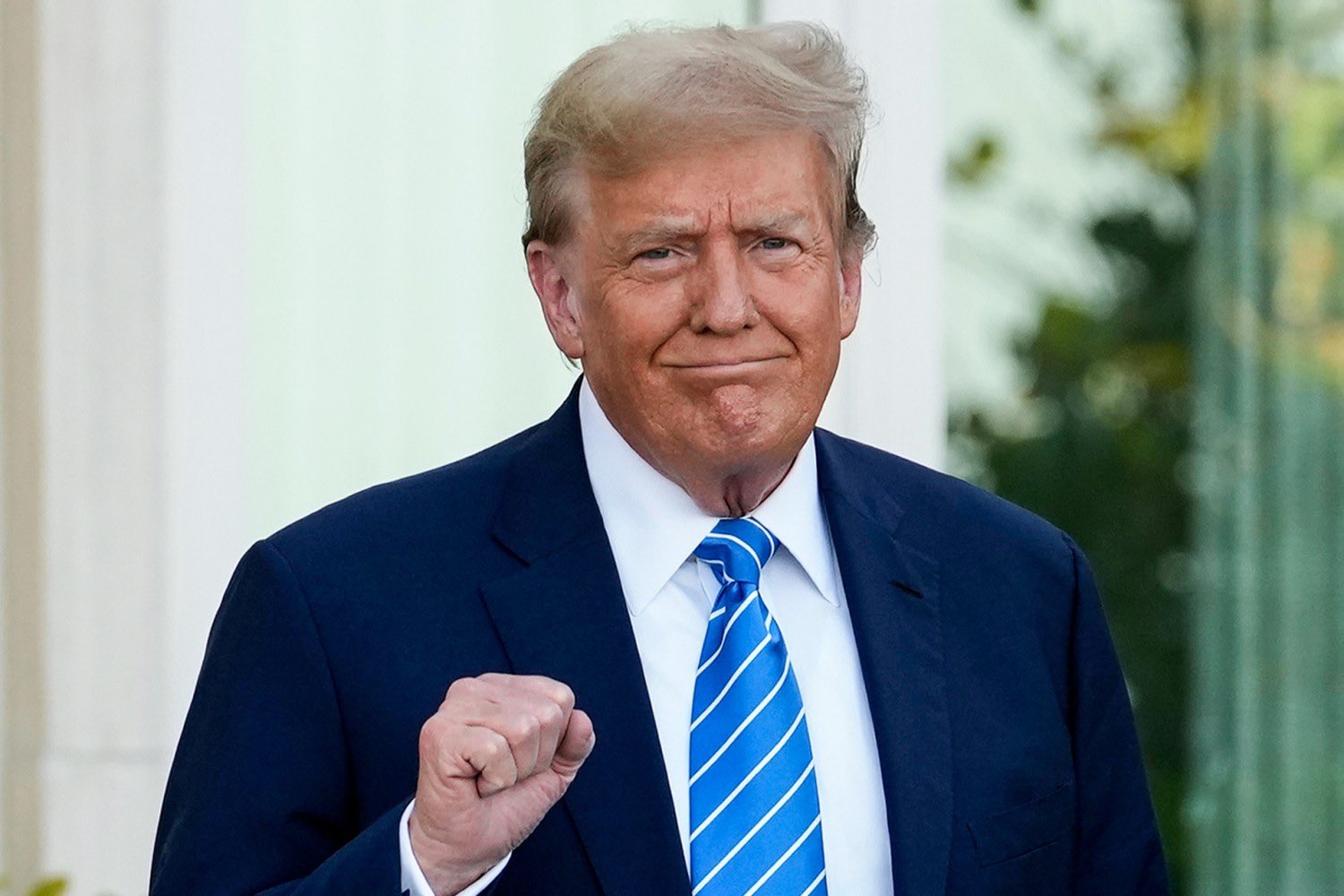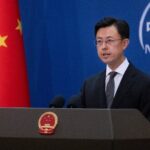In a recent statement, former U.S. President Donald Trump has called on Saudi Arabia to significantly ramp up its investments in the United States to the tune of $1 trillion. Trump also pressed the Gulf nation to reduce oil prices, emphasizing the importance of economic cooperation and stability in the energy market.
This appeal is seen as a strategic move to strengthen ties between the two nations, particularly as the global economy grapples with inflation, fluctuating oil prices, and geopolitical uncertainties.
Key Highlights of Trump’s Statement
- Investment Appeal
- Trump proposed that Saudi Arabia invest $1 trillion in U.S. infrastructure, technology, and energy projects.
- He cited the potential for mutual economic growth and long-term strategic partnerships as reasons for this ambitious proposal.
- Lower Oil Prices
- The former president urged Saudi Arabia, the de facto leader of the Organization of the Petroleum Exporting Countries (OPEC), to cut oil prices.
- Lower energy costs would benefit consumers globally and reduce inflationary pressures in key economies.
- Bilateral Relations
- Trump highlighted the importance of the U.S.-Saudi relationship, focusing on economic, energy, and defense cooperation.
- He pointed to past collaborations during his presidency, including significant arms deals and joint energy initiatives.
The U.S.-Saudi Relationship: A Historical Perspective
The United States and Saudi Arabia share a longstanding partnership rooted in mutual interests:
- Energy Cooperation
- Saudi Arabia is a major oil exporter, playing a key role in stabilizing global energy markets.
- The U.S., while advancing its energy independence, continues to rely on strategic reserves and partnerships with Gulf countries to manage supply disruptions.
- Economic Ties
- Saudi investments in the U.S. span sectors like real estate, finance, and technology.
- Major U.S. corporations, including defense and energy giants, have long-standing contracts with the Kingdom.
- Geopolitical Alliances
- The partnership has been pivotal in addressing Middle Eastern security challenges, including countering Iran’s influence and combating terrorism.
Impact of High Oil Prices on the Global Economy
- Economic Strain
- Elevated oil prices drive up transportation and manufacturing costs, contributing to inflation.
- Developing nations, reliant on energy imports, face significant economic stress due to rising crude prices.
- Energy Transition Challenges
- High oil prices can slow the global shift toward renewable energy by increasing the appeal of immediate fossil fuel investments.
- Consumer Sentiment
- In the U.S., higher gasoline prices weigh heavily on household budgets, impacting economic growth and voter sentiment.
Saudi Arabia’s Investment Potential
Saudi Arabia, under its Vision 2030 initiative, has been diversifying its economy to reduce dependence on oil revenues. Key components include:
- Public Investment Fund (PIF)
- The PIF has been investing heavily in global tech companies, renewable energy projects, and sports ventures.
- Recent high-profile investments include stakes in electric vehicle companies and global sports events.
- Infrastructure and Technology
- Mega-projects like NEOM, the futuristic city, highlight Saudi Arabia’s ambitions to lead in innovation and sustainable development.
- Partnerships with the U.S.
- Expanding investments in U.S. technology and infrastructure aligns with Saudi Arabia’s goal to solidify ties with global economic leaders.
Challenges to Achieving Trump’s Proposal
- Geopolitical Concerns
- The U.S.-Saudi relationship has faced tensions over human rights issues, the Yemen conflict, and the murder of journalist Jamal Khashoggi.
- Market Dynamics
- Lowering oil prices could conflict with Saudi Arabia’s need to maintain revenues, especially as it funds its Vision 2030 projects.
- Political Dynamics in the U.S.
- Trump’s call for investment may face resistance from political opponents, who may argue that it undermines U.S. energy independence.
Global Reactions
- Oil Market Stakeholders
- OPEC nations may perceive this as undue pressure on Saudi Arabia to alter its market strategy.
- Energy-importing nations would likely welcome lower prices, easing inflationary pressures.
- Economic Experts
- Analysts emphasize the need for balanced diplomacy to ensure both investment growth and energy market stability.
- Public Opinion
- American consumers, grappling with high energy prices, are likely to support initiatives aimed at reducing costs.
What This Means for the Future
- Strengthened Bilateral Ties
- If successful, the proposed $1 trillion investment could usher in a new era of U.S.-Saudi economic collaboration.
- Energy Market Stability
- Efforts to lower oil prices could stabilize global markets, benefiting both producers and consumers.
- Economic Growth
- Strategic investments in infrastructure and technology could boost U.S. economic growth, creating jobs and fostering innovation.
Conclusion: A Bold Proposal Amidst Complex Realities
Trump’s call for a $1 trillion Saudi investment and reduced oil prices underscores the interconnectedness of global economies and the strategic importance of U.S.-Saudi relations. While the proposal is ambitious, its success hinges on navigating complex geopolitical, economic, and market dynamics.
As the world watches closely, this initiative could serve as a litmus test for the evolving partnership between two global powerhouses in a rapidly changing world.





